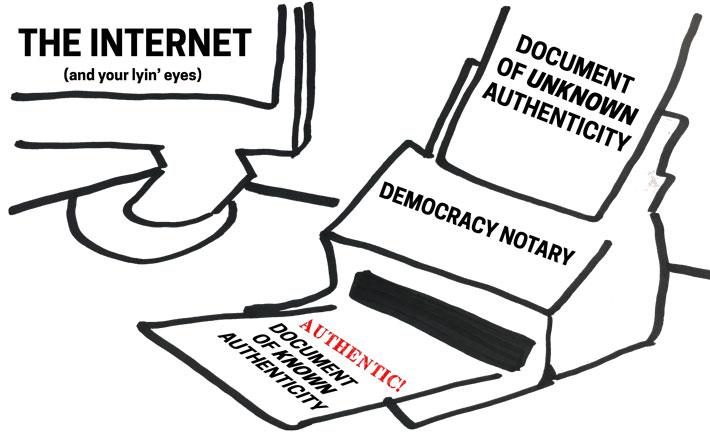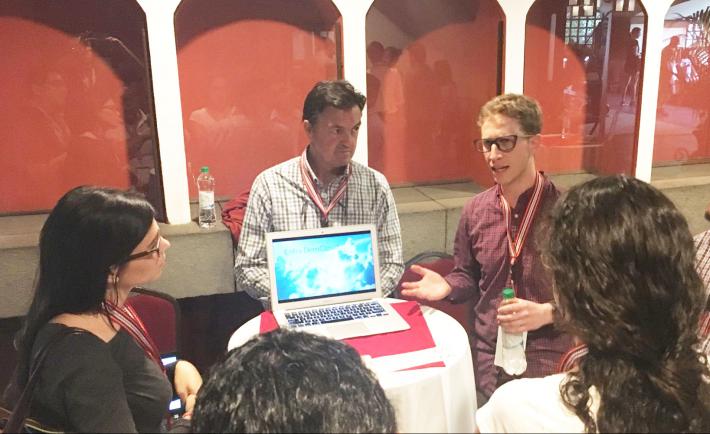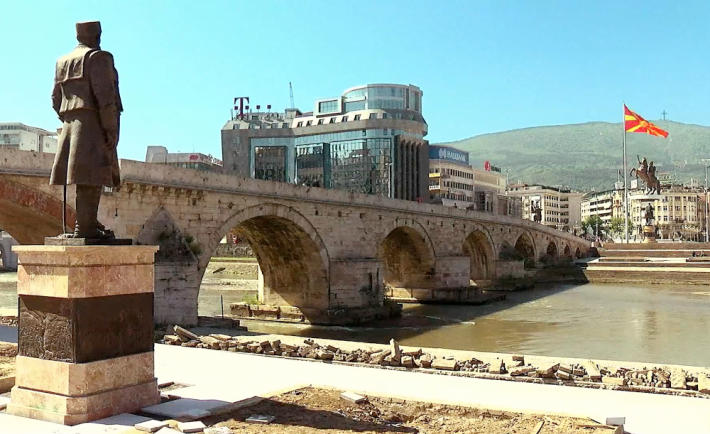Young Voices, Old Problems: The Case of North Macedonia
Sorting Truth from Truthiness in the Digital Age
“Who you gonna believe” – as the comics say – “me, or your lyin’ eyes?” When it comes to politics, cognitive bias has always given citizens a strong push to believe “their side,” whatever the evidence to the contrary suggests. As disinformation swamps the internet, the problem has become much worse with lyin’ evidence that’s all too easy to believe. Increasingly, information is forged or manipulated. Convincing but fake, this disinformation fuels hyper-partisan hatred, bolsters conspiracy theories and undermines critical democratic institutions. But identifying disinformation is only one piece of the puzzle. What we need is a way to stop forged information entirely; a way to prove that content is original and legitimate.
NDItech Goes to (Tech) Camp
The last few months, we here at NDItech – NDI's technology for democracy team – have had the great opportunity to talk civic innovation, transparency and accountability with dozens of civic groups, journalists and government officials through a set of TechCamps and PeaceTech Exchanges. These programs, put on by the State Department and PeaceTech Lab respectively, link technical experts with innovators across the globe to brainstorm, “pitch” and ultimately bring to life smart, contextualized tech solutions to pressing community problems. It’s been a pleasure for us (your bloggers) to be a part of these sessions, which we wanted to share a bit about with you all (our loyal readers).
Why Reactor’s Gender Equality Work Matters for Macedonia’s Democracy
Macedonia became independent when Yugoslavia disintegrated 25 years ago. Many thought that Macedonia might not survive as a new country. It was in a tough neighborhood, the economy was in tatters, it had little experience with democracy, and there was a strong undercurrent of tension between the majority Macedonian population and a large Albanian minority.
But Macedonia did overcome those early challenges, got to work on its new democracy, and as a result it has progressed toward European Union and NATO membership.

_1.jpg)


